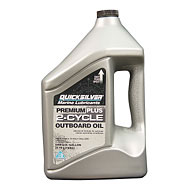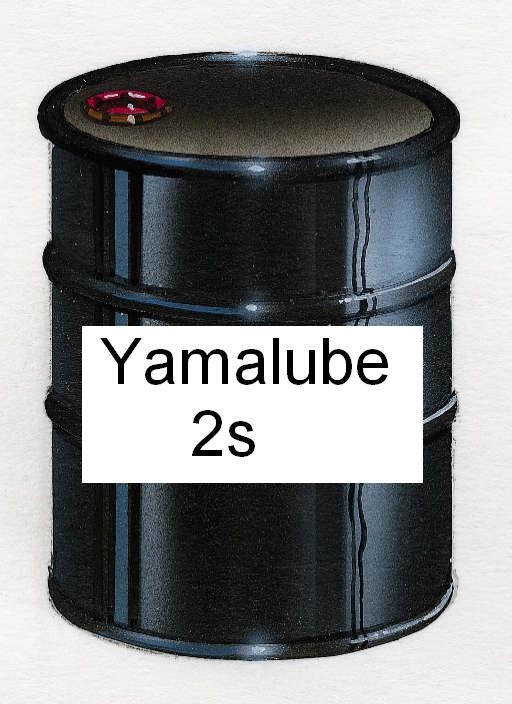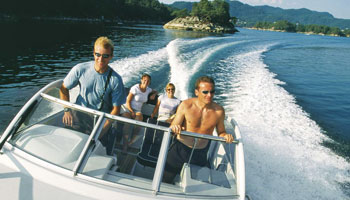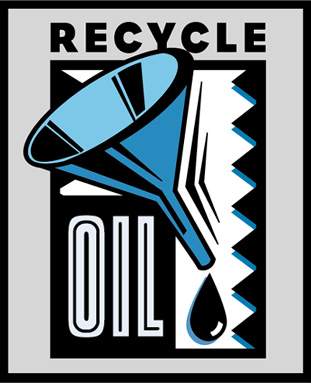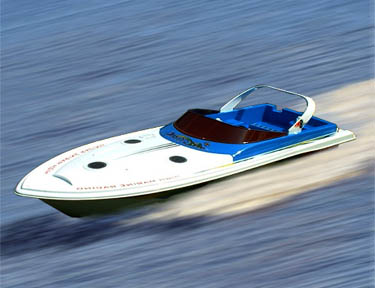What is the EPA?
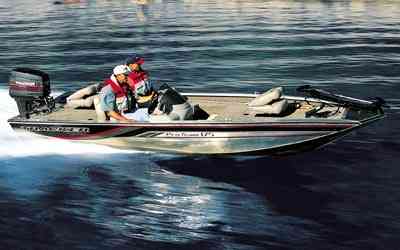
The U. S. Environmental Protection Agency is known as the EPA or sometimes USEPA. It is a federal governmental agency whose mission is to protect human health and take care of the natural environment, specifically air, water, and land. The EPA was the idea of President Richard Nixon and began operation in 1970, when it became solely responsible for United States environmental policy. It employs from 17,000-18,000 people, including engineers, scientists, environmental protection experts, and divisions specializing in law, public relations, financial matters, and computer specialists. The agency performs environmental assessment, research and education and is responsible for designation and enforcement of national standards while following various environmental laws in cooperation with state, tribal, and local government. The EPA allows some permissions and enforcement to be granted to individual U. S. sates and Native American tribes. EPA enforcement powers include sanctions, fines, and other measures. The EPA also works with all levels of government and various industries in voluntary measures to conserve energy and reduce the effects of pollution. Prior to the EPA’s existence, the federal government was not capable of the monumental task of regulating pollutants which caused harm to humans and the environment, so the EPA was given the task of repairing some existing environmental damage retroactively as well as establishing new criteria to promote the participation of America’s citizens in the making of a safer and cleaner country.
Part of the EPA’s job is to prevent oil pollution by regulating containment, promoting spill prevention, and approve of marine engine oil components to ensure they are as environmentally friendly as possible.


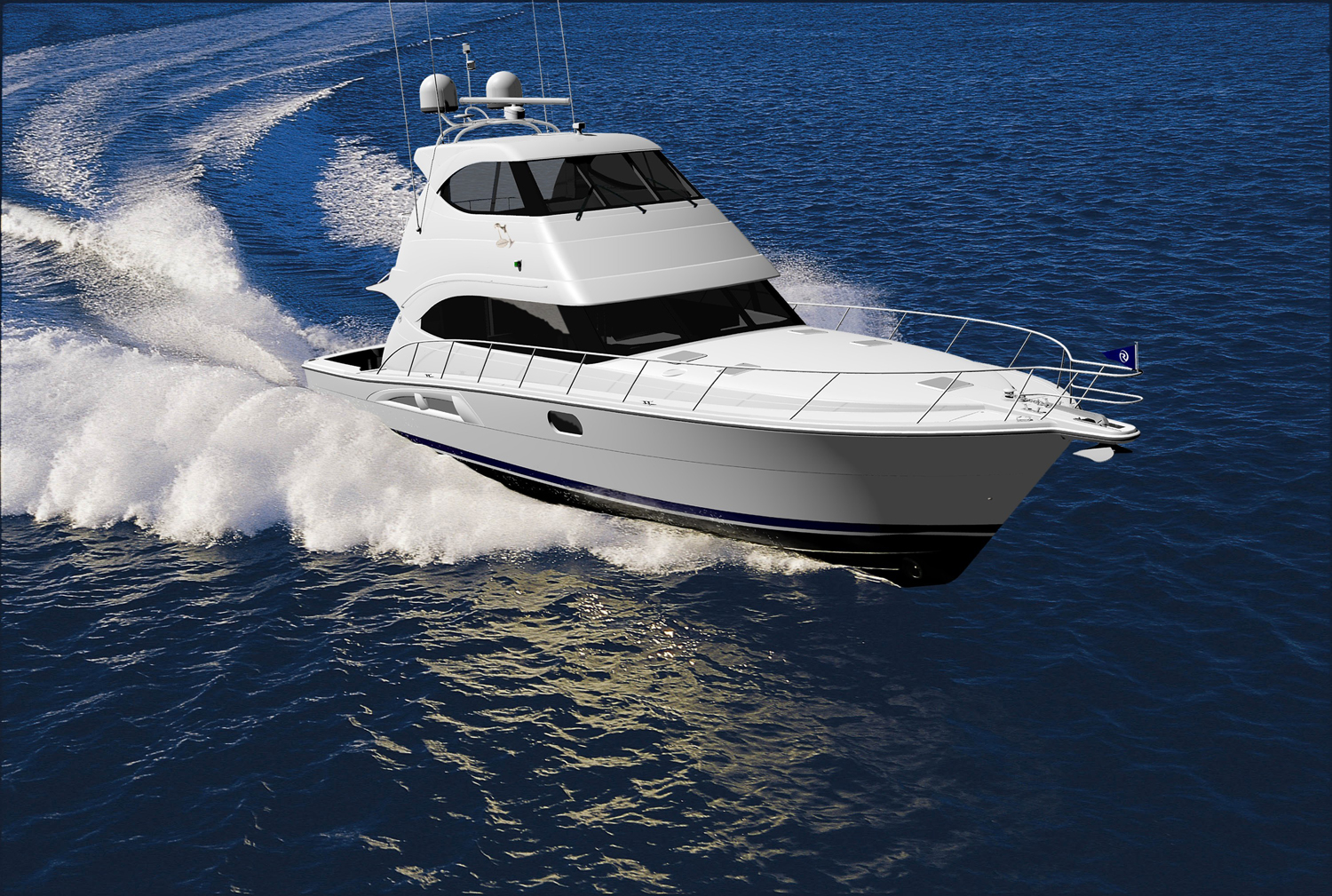

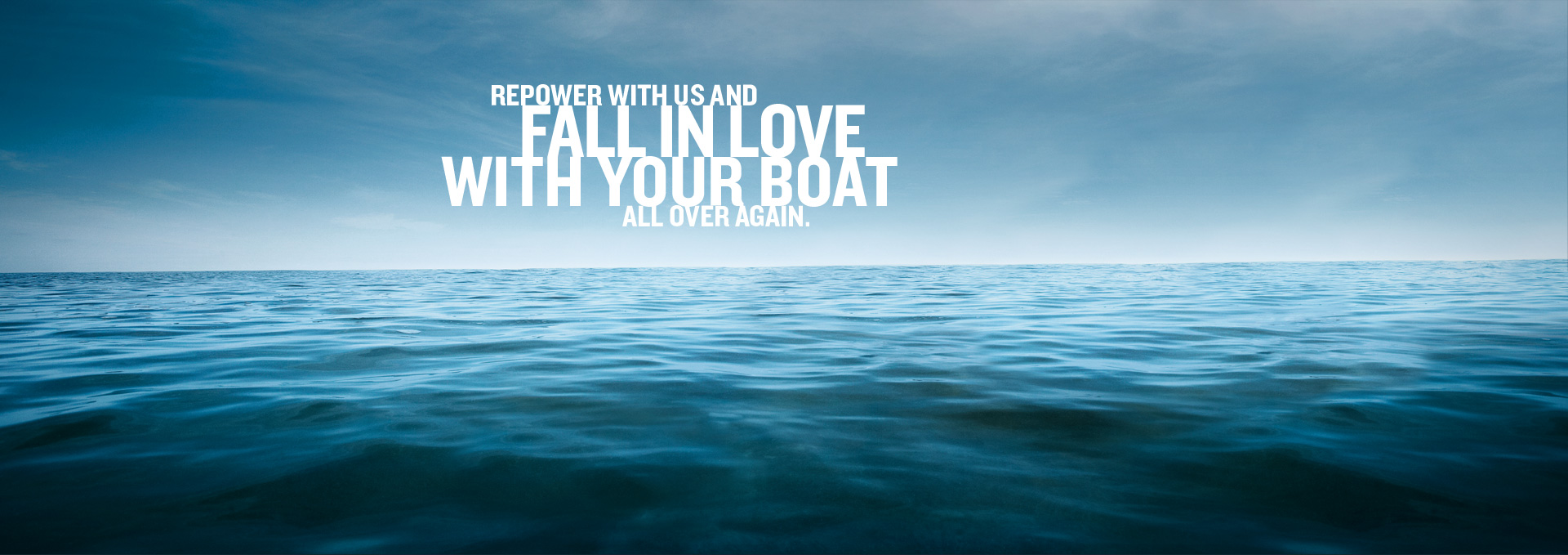
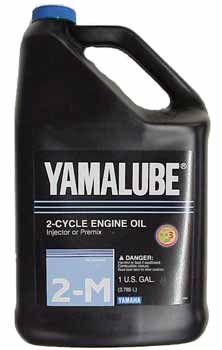 Yamalube oils are of such high quality that they often end up used as the standard test oil for many of the National Marine Manufacturers Association (NMMA) TC-W3® certifications. The long-term goals of the two-cycle outboard boating engine industry have been to reduce emissions from oil that has passed through engines, developing a quality of oil that reduces the necessary ratio of oil to fuel, and ultimately prolonging the life of the engine. When these goals are achieved, emissions are significantly reduced, which satisfies or exceeds EPA requirements. There are also less warranty and maintenance issues with customers in the long run. TC-W3® lubricant is an NMMA owned trademark. Evolving through the years with the help of exhaustive testing and research, it has not only proven to be the level of lubrication performance quality required, but has consistently exceeded EPA emissions reduction requirements as two-cycle outboard engines have moved toward higher cylinder temperatures and compressions and increasingly demanding conditions. NMMA sanctions only two cycle lubricants that meet or exceed stringent regulations in their own designated laboratories. Tests include a variety of performance-based measurements for fluidity, lubricity, viscosity, carbon buildup on engine pistons, and ring sticking. The chemical makeup of the TC-W3® oils vary due to the unique additive packages incorporated into each individual oil brand. TC-W3® oils are recognized worldwide as being recommended for use by two cycle oil makers.
Yamalube oils are of such high quality that they often end up used as the standard test oil for many of the National Marine Manufacturers Association (NMMA) TC-W3® certifications. The long-term goals of the two-cycle outboard boating engine industry have been to reduce emissions from oil that has passed through engines, developing a quality of oil that reduces the necessary ratio of oil to fuel, and ultimately prolonging the life of the engine. When these goals are achieved, emissions are significantly reduced, which satisfies or exceeds EPA requirements. There are also less warranty and maintenance issues with customers in the long run. TC-W3® lubricant is an NMMA owned trademark. Evolving through the years with the help of exhaustive testing and research, it has not only proven to be the level of lubrication performance quality required, but has consistently exceeded EPA emissions reduction requirements as two-cycle outboard engines have moved toward higher cylinder temperatures and compressions and increasingly demanding conditions. NMMA sanctions only two cycle lubricants that meet or exceed stringent regulations in their own designated laboratories. Tests include a variety of performance-based measurements for fluidity, lubricity, viscosity, carbon buildup on engine pistons, and ring sticking. The chemical makeup of the TC-W3® oils vary due to the unique additive packages incorporated into each individual oil brand. TC-W3® oils are recognized worldwide as being recommended for use by two cycle oil makers.
 Just as consumers were starting to breathe easier, gas prices took a huge hit as Hurricane Ike slammed into the Gulf Coast over the weekend. Areas hardest-hit by the sudden and steep increase included Michigan, a state already riddled with economic hardships in Detroit.
Just as consumers were starting to breathe easier, gas prices took a huge hit as Hurricane Ike slammed into the Gulf Coast over the weekend. Areas hardest-hit by the sudden and steep increase included Michigan, a state already riddled with economic hardships in Detroit.